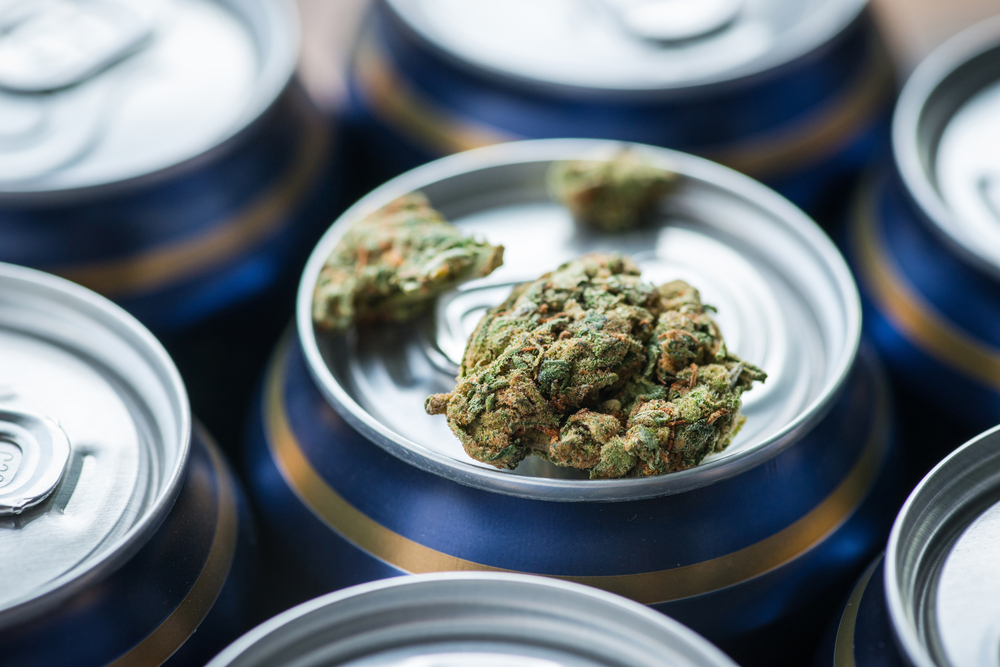brain functions of those who have been consuming alcohol alone may have adapted over time to its effects. Another possible explanation is that “students consuming alcohol alone might have been cognizant enough to see their grades drop and either worked harder to reach a better GPA or could have just switched to easier courses,” Meda said. “[Perhaps] compared to folks using both substances, they perhaps just spent less time socializing and missing classes. All of these are informed suppositions, we did not have enough information in the study to test these hypotheses.”
The researchers noted that their findings mirror those of previous studies on alcohol and/or marijuana, which have suggested that poor academic outcomes are often associated with drug use.
“Studies have shown that folks who abuse drugs while in college often tend to drop out, face delayed graduation and generally have poorer outcomes post-graduation, like having a hard time finding a job, hard time keeping a job, and etc.,” Meda said. “Our study doesn’t imply causation in any way. It’s a purely associative or correlative study — like perhaps 95 percent of the scientific literature. Nevertheless, we feel it’s a step in the right direction.”
A follow-up analysis conducted by the team suggested that the students who had curbed their substance use over time were able to recover and display improved academic performance or higher GPA scores. “We feel that early provision of information, intervention, and monitoring might be key — both by parents at home and the colleges — especially in the first semester,” Meda concluded.
















